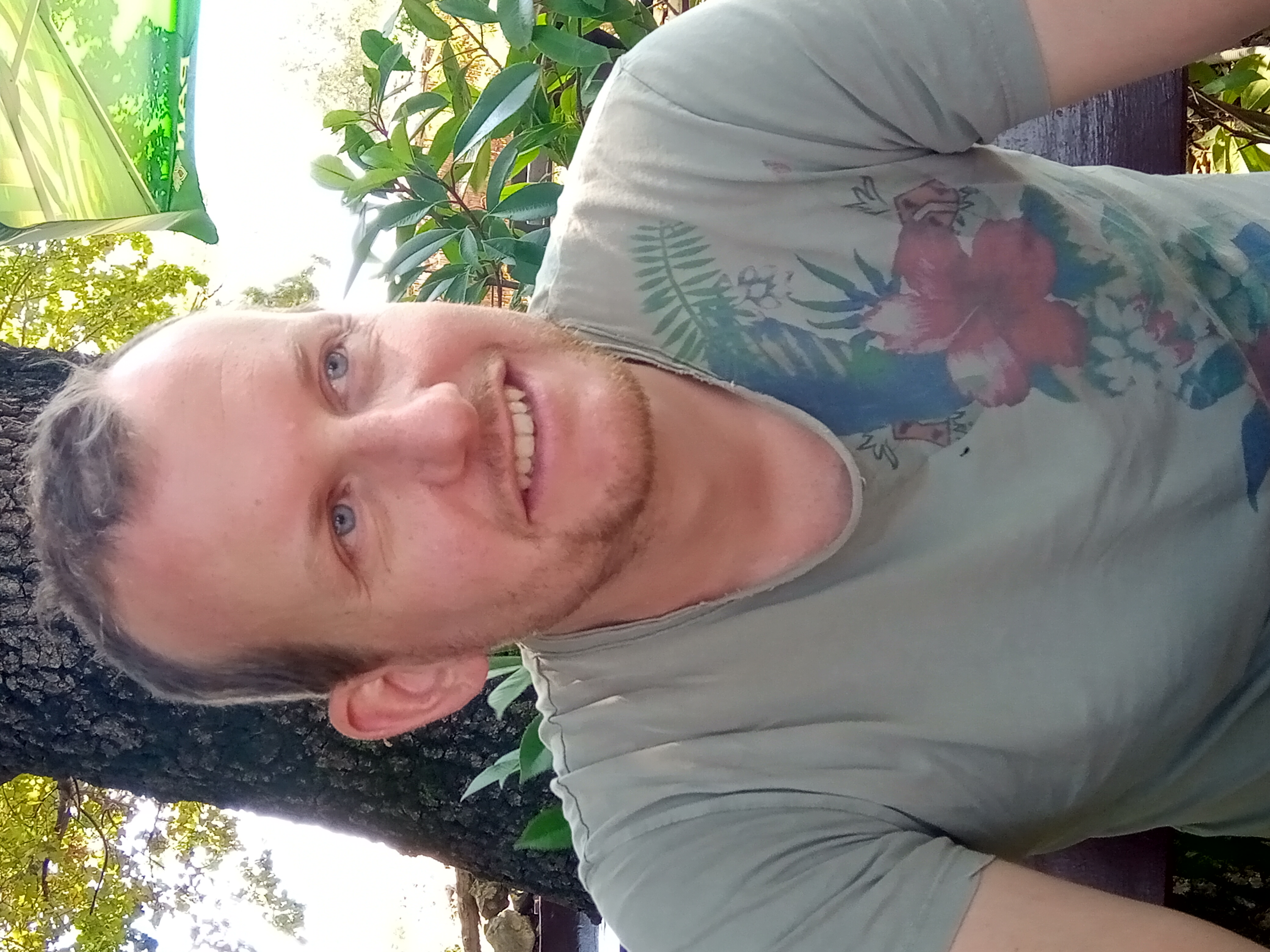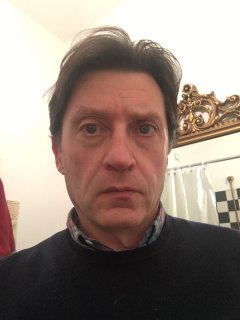Mathieu Acher
Associate Professor at University of Rennes 1/IRISA/Inria, France
Title:
Reproducible Science and Deep Software Variability
Abstract:
Biology, medicine, physics, astrophysics, chemistry: all these scientific domains need to process large amounts of data with more and more complex software systems.
For achieving reproducible science, there are several challenges ahead involving multi-disciplinary collaboration and socio-technical innovation with software at the center of the problem.
Despite the availability of data and code, several studies report that the same data analyzed with different software can lead to different results.
I am seeing this problem as a manifestation of deep software variability: many factors (operating system, third-party libraries, versions, workloads, compile-time options and flags, etc) themselves subject to variability can alter the results, up to the point it can dramatically change the conclusions of some scientific studies.
In this keynote, I argue that deep software variability is a threat and also an opportunity for reproducible science.
I first outline some works about (deep) software variability, reporting on preliminary evidence of complex interactions between variability layers.
I then link the ongoing works on variability modelling and deep software variability in the quest for reproducible science.
Bio:
Mathieu Acher is Associate Professor at University of Rennes 1/IRISA/Inria, France.
His research focuses on modelling, reverse engineering, and learning variability of software-intensive systems.
He is the author of more than one hundred peer-reviewed publications in international journals and conferences.
He was PC co-chair of SPLC 2017 and VaMoS 2020 and he served in the steering committees of SPLC and VaMoS.
His work has received one Most Influential Paper Award (SLE'19) and two Best Paper Awards (SPLC'21, ICPE'19).
He is currently leading a research project, VaryVary, on machine learning and (deep) software variability.
Since 2021, he is a junior research fellow at Institut Universitaire de France (IUF).
More information: https://mathieuacher.com/
Alfonso Pierantonio
Full Professor at Università degli Studi dell'Aquila, Italy
Title:
Uncertainty and variability in industry-scale projects: pearls, perils, and pitfalls of model-driven engineering at work
Abstract:
The state-of-the-art in software abstraction is model-driven engineering. It provides system architects with abstract representations of complex system functionality, complementary views of a given system (e.g., behavioral versus structural), and vertical refinement of high-level system requirements models into design models and eventually down to (automatically-generated) executable code. However, the complexity caused by the many models used in large-scale projects might give place to significant sources of uncertainty due to (implicit and explicit) dependencies, consistencies, and correlations among the modeling artifacts. Keeping such models consistent during the development process requires spelling out the change requirements that enforce well-thought-out change propagation and co-evolution plans.
In this talk, I will survey threats, challenges, and misconceptions that occurred in the context of an industry-scale project in the domain of computer-based interlocking systems. In particular, the different kinds of model relations required managing several forms of (epistemic) uncertainty emerged in various scenarios, including roundtripping among modeling notations and several forms of co-evolution involving metamodels, models, and transformations. To this end, a megamodel is given to better characterize the identified solutions that required devising specialized tools and notations for leveraging automation and translating uncertainty into variability models.
Bio:
Alfonso Pierantonio is full professor at the Università degli Studi dell'Aquila (Italy). His interests are in software engineering, model-driven engineering, and language engineering with a focus on co-evolution techniques, consistency management, and bidirectionality. He has published more than 160 articles in scientific journals and conferences and has been on the organizing committee of several international conferences, including MoDELS and STAF. Alfonso is Editor-in-Chief of the Journal of Object Technology and in the editorial and advisory board of Software and System Modeling, and Science of Computer Programming. He has been PC Chair of ECMFA 2018, General Chair of STAF 2015, and is a Steering Committee member of the ACM/IEEE MoDELS. Alfonso will be General Chair of MoDELS 2023, to be held in Västerås, Sweden. He is a co-principal investigator of several research and industrial projects.
More information: http://disim.univaq.it/AlfonsoPierantonio


